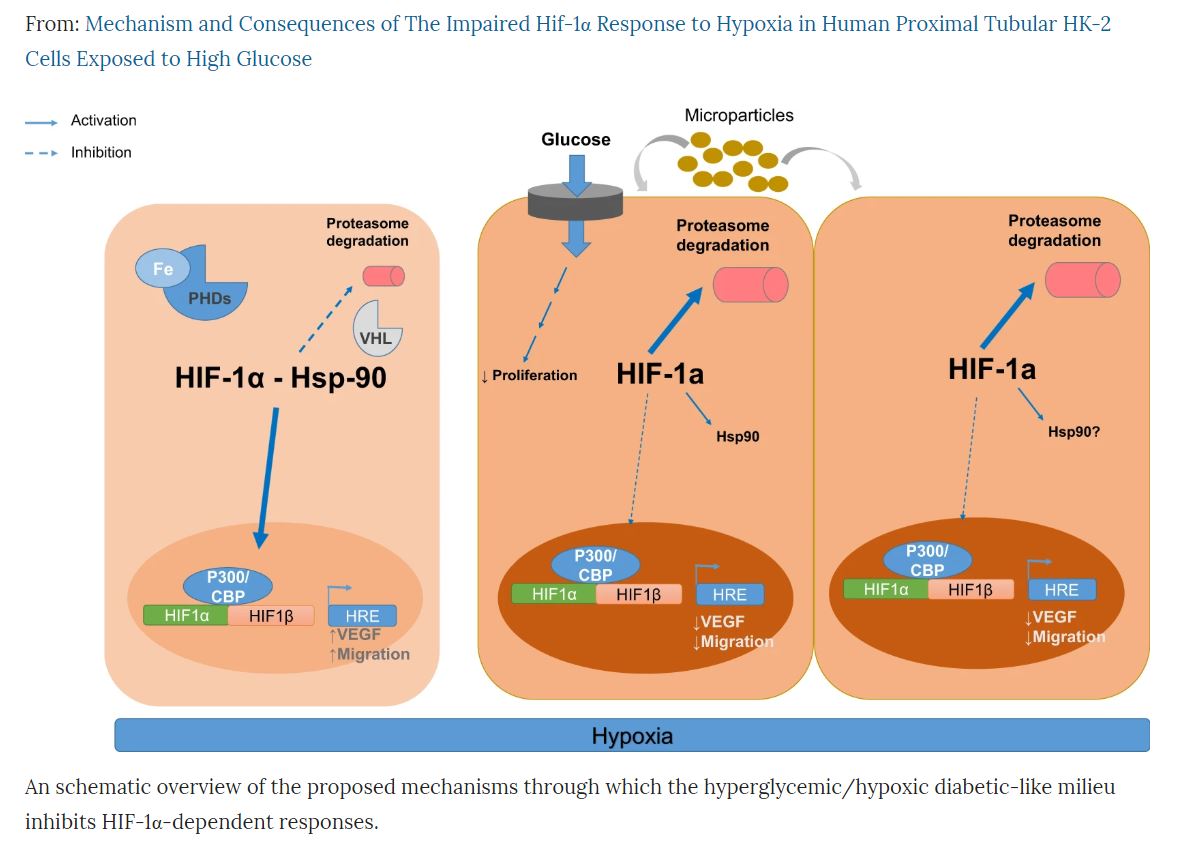Mechanism and Consequences of the Impaired Hif-1α Response to Hypoxia in Human Proximal Tubular HK-2 Cells Exposed to High Glucose
NANBIOSIS has been informed about a recent publication in the pretigious scientific magzine SCIENTIFIC REPORTS (Q1) of Nature Research group, mentioning NANBIOSIS Unit 17 in the Methods section:
Immunofluorescence analysis: Detection was performed by using a Leica SP5 confocal microscope (Leica Microsystems, Wetzlar, Germany), through the Confocal Microscopy Service of the ICTS ‘NANBIOSIS’ Unit 17 of the Biomedical Research Networking Centre on Bioengineering, Biomaterials and Nanomedicine (CIBER-BBN) at the University of Alcalá, Madrid, Spain. HIF-1α-dependent immunofluorescence intensity was quantified after digital capture using image-J software.
The Leica TCS-SP5 confocal microscope with especial features allows studying interactions between cells/tissues and materials. Indeed, the experience of the research group in charge of this service makes it a unique service for the study of cells and tissues and the interactions between various materials and cell components as well as between implants/scaffolds and tissues of the recipient organism.
Article of reference:
Mechanism and Consequences of the Impaired Hif-1α Response to Hypoxia in Human Proximal Tubular HK-2 Cells Exposed to High Glucose. Coral García-Pastor, Selma Benito-Martínez, Victoria Moreno-Manzano, Ana B. Fernández-Martínez, Francisco Javier Lucio-Cazaña. SCIENTIFIC REPORTS, (2019) 9:15868 | https://doi.org/10.1038/s41598-019-52310-6









